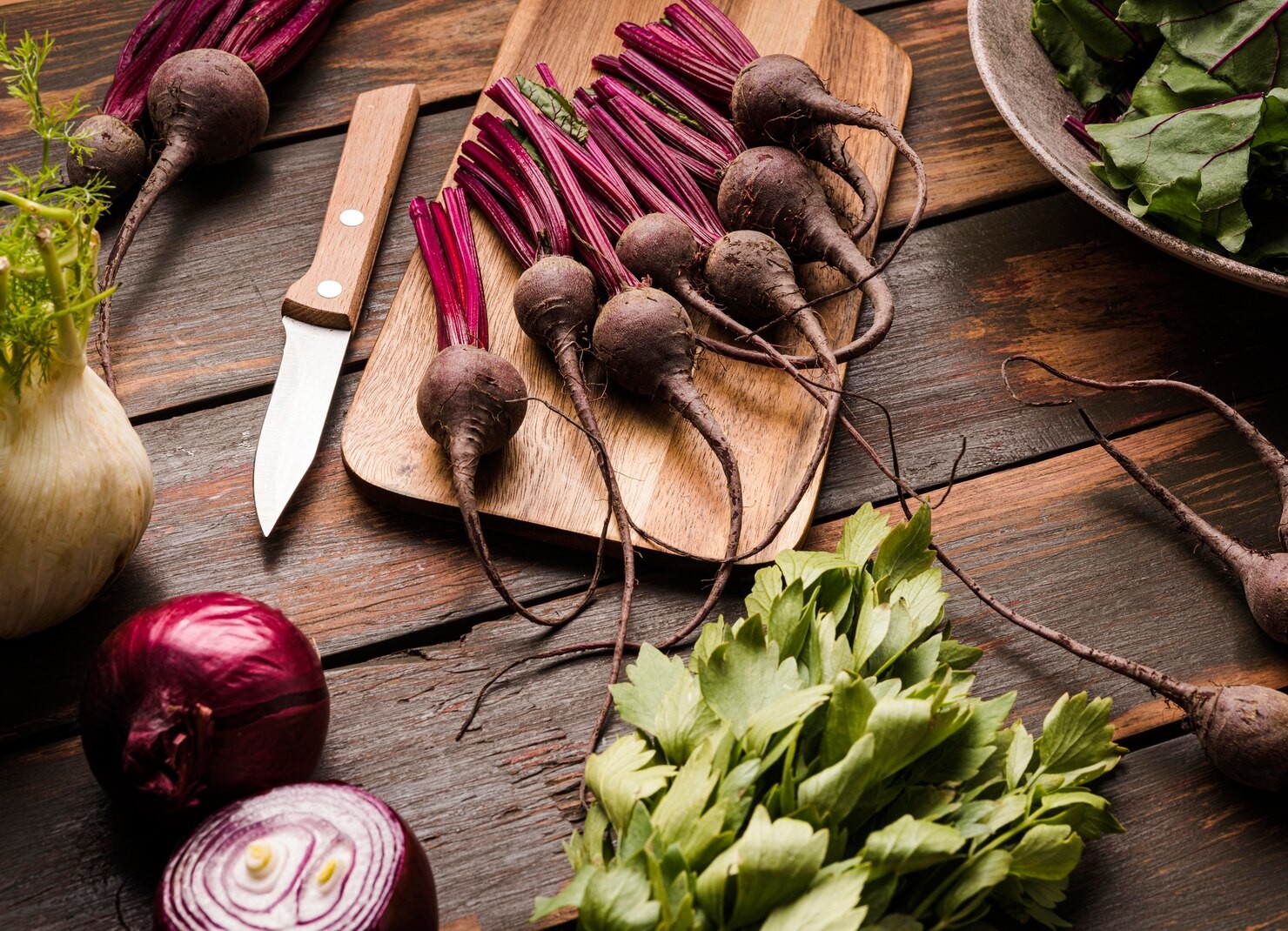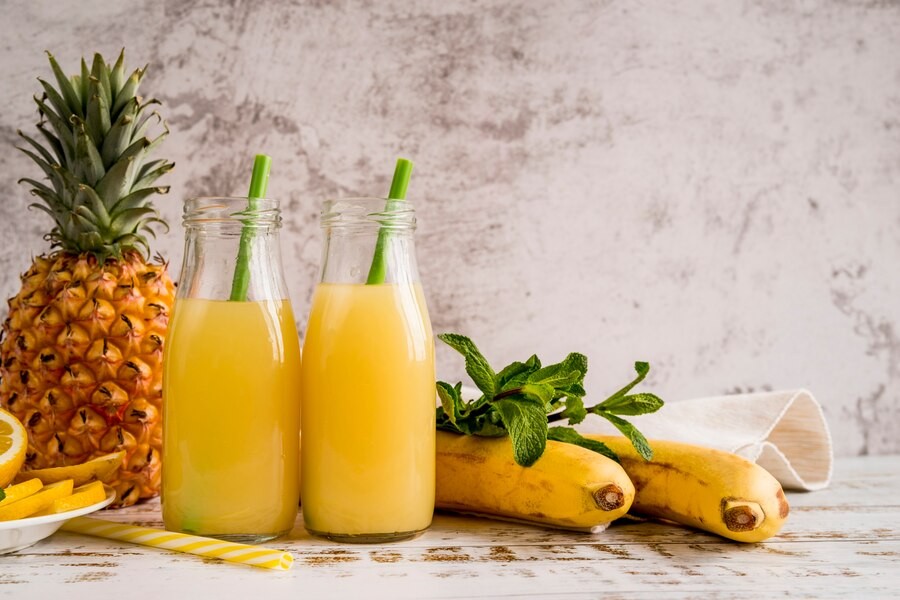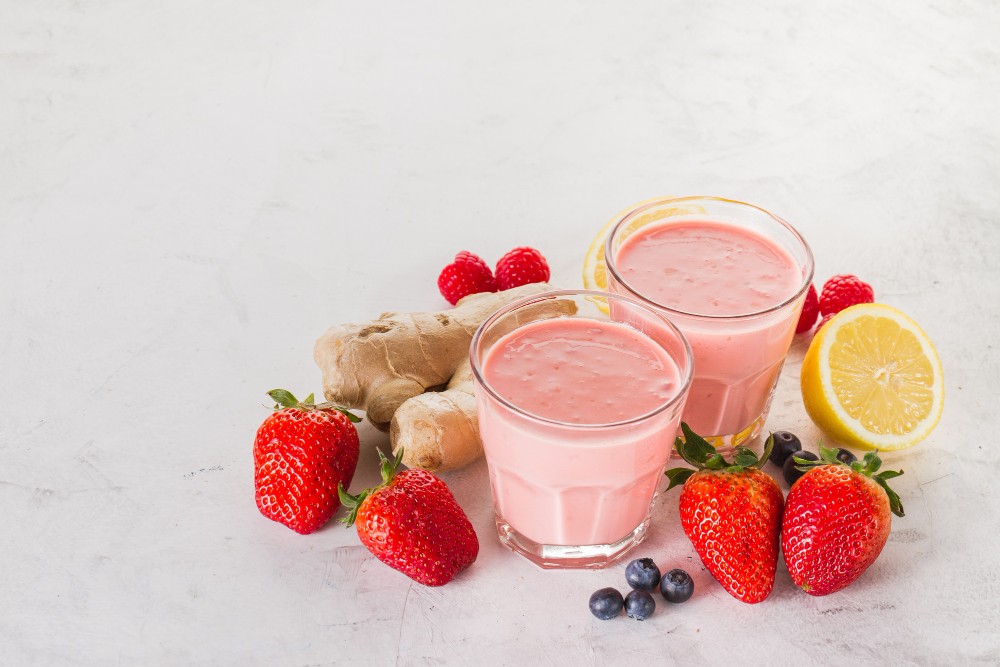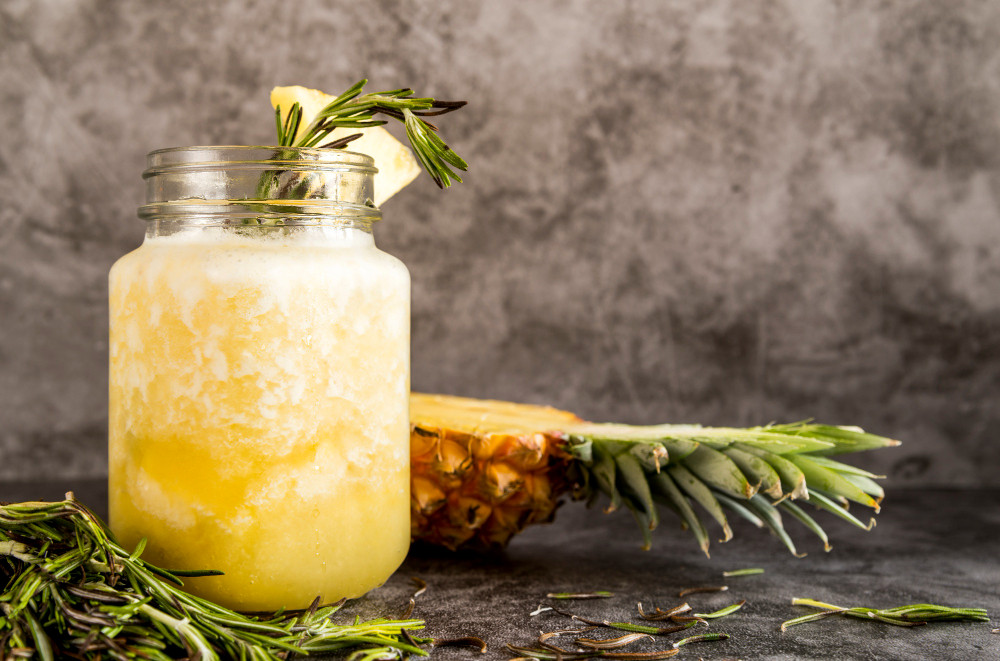Mengonsumsi buah dan sayuran memiliki berbagai manfaat bagi kesehatan, termasuk ketika Anda mengonsumsinya dalam bentuk jus. Metode ini dikenal dengan juice cleanse atau juice detox, dimana Anda meminum jus buah dan sayur dalam 1-3 hari yang dipercaya berkhasiat mengeluarkan racun dalam tubuh dan membantu menurunkan berat badan.
Sebelum Anda mencoba metode juice cleanse, sebaiknya kenali cara melakukan juice cleanse berserta manfaat dan risikonya.
Apa Itu Juice Cleanse?
Metode juice cleanse dilakukan dengan mengonsumsi jus buah dan sayuran tanpa mengonsumsi makanan lain selama 1-3 hari. Metode ini banyak dilakukan sebagai detoksifikasi jangka pendek. Banyak orang percaya mengonsumsi jus buah dan sayur dapat membantu membersihkan sistem pencernaan, mengeluarkan racun, dan memperbaiki metabolisme tubuh.
Beberapa manfaat juice cleanse antara lain:
Penurunan berat badan
Metode juice cleanse dapat meningkatkan jumlah bakteri sehat di saluran pencernaan yang dapat membantu penurunan berat badan. Dalam sebuah penelitian menyebutkan bahwa orang yang hanya minum jus selama 3 hari berhasil menurunkan berat badan dengan angka cukup signifikan.
Namun perlu diperhatikan bahwa responden pada penelitian tersebut juga melakukan defisit kalori. Responden hanya mengonsumsi kalori sebanyak 1.301 kalori per hari sementara normalnya pria dan wanita dewasa perlu mengonsumsi kalori sebanyak 1.600-2.000 kalori per hari. Para ahli meyakini metode defisit kalori juga memegang peranan penting dalam penurunan berat badan responden.
Baca Juga: Smoothie Diet, Amankah untuk Menurunkan Berat Badan?
Detoksifikasi
Pendukung metode juice cleanse meyakini bahwa metode ini dapat membantu membuang racun dari sistem tubuh. Peningkatan konsumsi cairan dapat membantu fungsi ginjal, sementara beberapa senyawa nutrisi dari buah dan sayuran membantu membuang produk limbah non-organik dalam tubuh. Namun, belum ada bukti penelitian yang cukup mengenai manfaat minum jus buah dan sayur untuk membantu tubuh membuang racun.
Menjaga kesehatan kulit
Sebuah penelitian menunjukkan bahwa jus dari buah berbahan dasar jeruk dapat membantu menjaga kesehatan kulit dengan mengurangi stres oksidatif. Selain jeruk, jus buah delima juga mampu mencegah tanda-tanda penuaan kulit. Meskipun demikian, masih dibutuhkan penelitian lebih lanjut untuk menarik kesimpulan manfaat jus buah dan sayur bagi kulit.
Baca Juga: Hanya Mengonsumsi Protein Hewani, Ketahui Manfaat dan Risiko Diet Karnivora
Risiko Juice Cleanse
Di balik berbagai manfaat metode juice cleanse, para ahli mengungkapkan bahwa metode ini memiliki beberapa potensi risiko bagi kesehatan, di antaranya:
- Memicu lonjakan gula darah: Beberapa jenis buah dapat meningkatkan kadar gula darah dan menyebabkan sakit kepala, badan terasa lelah dan lemah.
- Dehidrasi dan ketidakseimbangan elektrolit: Konsumsi jus buah dan sayur berisiko bersifat laksatif. Ketika membersihkan tinja yang tertahan, metode ini dapat membersihkan bakteri baik dalam usus sehingga menyebabkan diare parah dan memicu ketidakseimbangan elektrolit.
- Gangguan ginjal: Beberapa jenis buah dan sayur seperti bayam dan bit mengandung oksalat tinggi. Jika dikonsumsi dalam jumlah banyak, hal ini berisiko menyebabkan gangguan ginjal.
- Meningkatkan risiko gangguan makan: Metode ini dapat memengaruhi hubungan seseorang dengan makanan. Misalnya, ia akan terpacu menjaga kesehatan dan menghindari makanan yang dianggap kurang sehat seperti daging merah atau lemak sehat yang sebenarnya baik untuk dikonsumsi sehari-hari. Selain itu metode juice cleanse juga dikaitkan dengan bulimia nervosa.
Pada dasarnya, tubuh memiliki mekanismenya sendiri untuk mengeluarkan racun dari dalam tubuh. Untuk menjaga kesehatan tubuh, sebaiknya terapkan pola makan bergizi dengan makanan utuh dan sehat. Anda boleh saja mengonsumsi jus buah dan sayur, namun sifatnya hanya sebagai pelengkap, bukan sebagai pengganti makanan padat.
Belum ada penelitian yang cukup untuk membuktikan bahwa metode juice cleanse bermanfaat dalam jangka panjang bagi kesehatan. Jika Anda berencana melakukan diet mengonsusmi jus buah dan sayur sebaiknya konsultasikan terlebih dahulu ke ahli gizi atau dietisien. Anda juga bisa memanfaatkan fitur konsultasi pada aplikasi Ai Care yang bisa diunduh melalui App Store atau Play Store.
Mau tahu informasi seputar nutrisi, makanan dan tips diet lainnya? Cek di sini, ya!
- dr Nadia Opmalina
Nall, R. (2023). What are the pros and cons of a juice cleanse?. Available from: https://www.medicalnewstoday.com/articles/323136
Devje, S. (2023). It’s Time to Leave Juice Cleanses Behind — Here’s Why. Available from: https://www.healthline.com/nutrition/juice-cleanse
Levi, A. (2024). What Is a Juice Cleanse—and Are They Healthy?. Available from: https://www.health.com/nutrition/cleanse-dangers
MacPherson, R. (2024). What Is a Juice Cleanse?. Available from: https://www.verywellfit.com/juice-cleanse-89120












